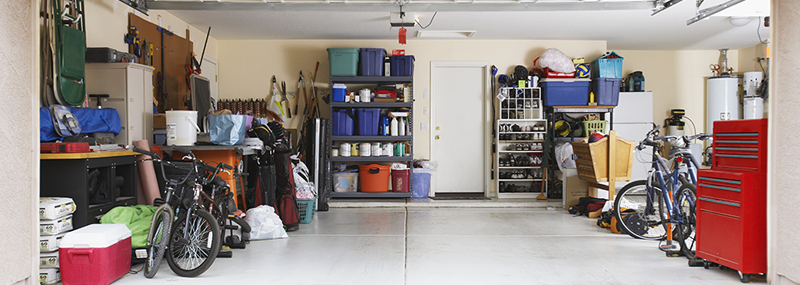Lauren French, 32, purchased her first home, a 3-bedroom with a pool in Wantagh, New York, in April 2019. At the time, French, was living with her boyfriend, who agreed to help with the bills. When the couple broke up—around the time the pandemic hit—French was left paying the $3,600 mortgage and property taxes on her own. While scrolling social media, she saw an ad for a company that lets you rent your pool by the hour. "It was an optimal time because people were no longer using public pools, and were trying to figure out other avenues to entertain their children," said French.
Because she rarely used her pool, she thought that renting it would be a good way to make money without taking on another job. She took photos of her yard, patio, and large pool with a diving board; bought some fun pool toys; and posted her rental in June 2020. Within days, people were renting her backyard oasis for $60 an hour. "I get only two full months of pool renting because of the climate here, but I made $20,000 that first summer," said French. In 2021, she posted her pool again, and made another $15,000. Even with the cost of pool chemicals, electricity, and pool toys, she was able to net about $33,000 from both summers.
There is a growing number of people across the country renting out homes, cars, garages, and more—and many with success.
Find the right rental
Lacy Coligan, 43, a single mom in Oak Park, Illinois, is paying bills with a rental. Coligan decided she wanted to buy a house with space to rent out in order to subsidize her mortgage. She found a home with a small apartment, and in February 2021, listed the apartment on Airbnb. By the end of that year, she had made $35,000. It wasn't all profit, though. She had to buy furniture and linen. Plus, she stocks the rental weekly with grocery staples, paper goods, toiletries, and fresh flowers. "It makes people feel like the space was specially prepared for them," Coligan said. She also pays someone to clean after every checkout. Her strategy is working: The space is rented about 25 days out of every month.
Nashville native John Craven, 33, started his own rental business after a getaway to Tennessee's Great Smoky Mountains. Craven and his wife wondered whether they should buy a vacation home instead of renting when they travel a few times a year. "Once we looked at the cost of a cabin, we knew that renting it out would be necessary to help cover the mortgage and other expenses," he said. Today, their vacation cabin earns, on average, about $10,000 a month, which translates to a profit of about $3,000 to $4,000 a month. The couple uses the cabin in the slow season and whenever it's unrented.
Christian Barren, 34, a Chicagoan, started renting out his luxury vehicle nearly 10 years ago after he saw how lucrative it could be. Today, he rents out a whopping 43 cars on car rental platforms. Earning as much as $56,000 per month. He uses his rental income to buy more cars. "As soon as I saw how it worked, I realized, ‘This is how I can build generational wealth,'" he said.
Protect your rental and yourself
While renting things out can be advantageous, there are legal and safety issues to consider. For example, some areas limit the number of days a year you can rent out your home—and even the number of properties that can be rentals. Other areas may allow only primary residences to be used part-time as short-term rentals. The best way to understand local requirements is to search for your county's short-term rental regulations. You can also check and see whether your county has a short-term rental alliance—a community of rental owners, property managers, or other associated people.
Insurance is also a must-have. Renting out your possessions increases the risk of damage, theft, and liability claims. Make sure you have adequate coverage, and confirm that your policy covers incidents related to rentals. Claims and disputes typically require documentation, proof, and receipts for expenses incurred as a result of any accident—and a lot of time for dealing with them. You should also see whether your rental platform will reimburse you for lost income on future bookings that you would need to cancel.
Track your earnings and costs
If you're doing things properly, you should make a profit. However, additional expenses associated with running a rental appropriately must be considered. Expenses can include digital locks on homes to allow guests temporary access, and increased wear and tear on your property from repeated short-term use.
No matter what you rent out you will likely need to pay taxes, although you may be able to deduct some expenses from home rental income. It's a good idea to create a separate bank account for tracking rental income and expenses, and to talk to an accountant to learn exactly what your tax liability will be.
You must also decide whether you have enough time to run what is essentially a small business. French, who rents out her pool, says that she wouldn't change a thing with her experience. "If you're going to do it, ease into it. Then, you can broaden your availability and offer more amenities." The good news with renting out something you already own, she adds: "If you don't like doing it, you can turn off your listing and never do it again."


